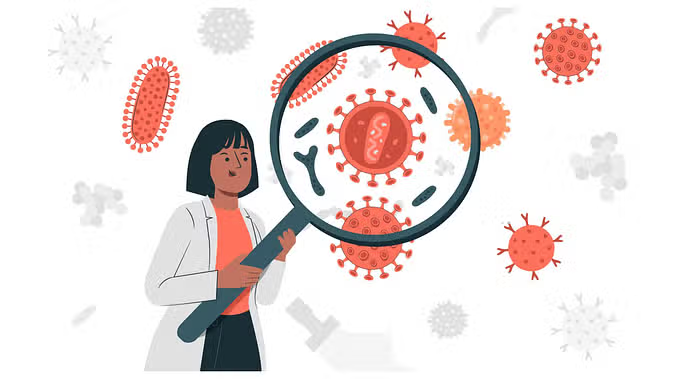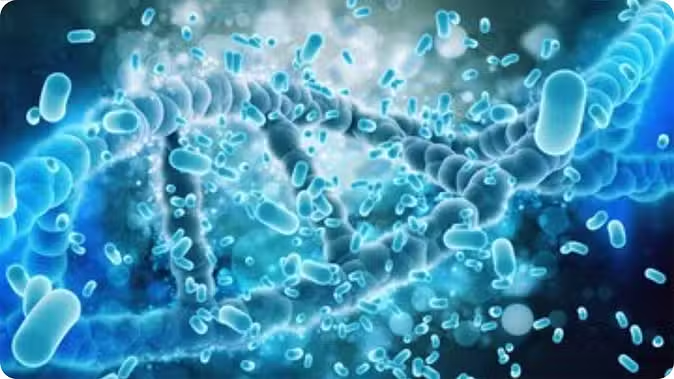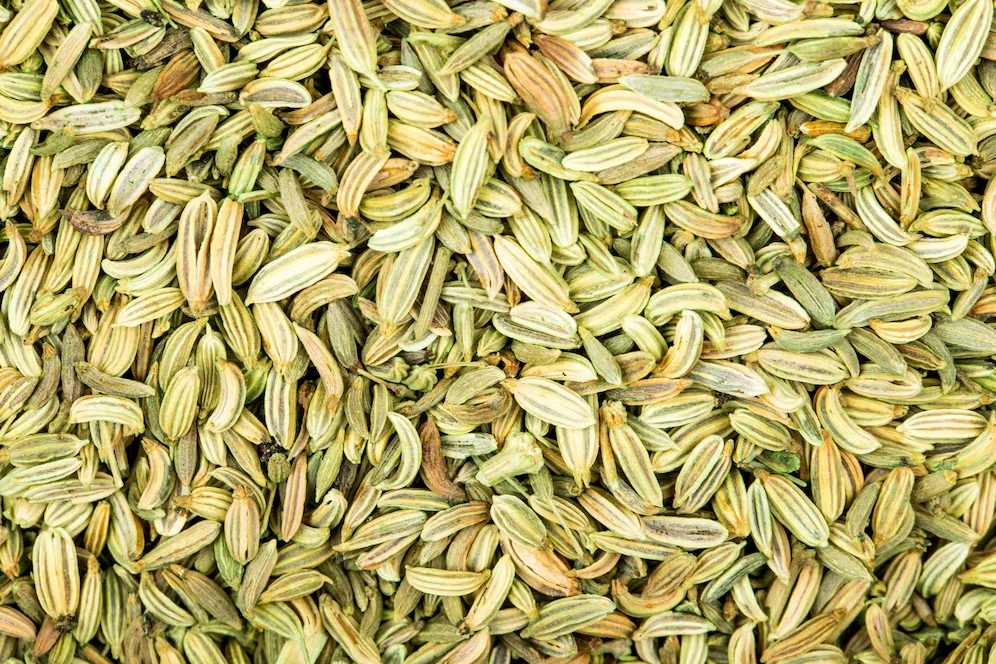The corona pandemic that started in late 2019 caused a lot of panic all over the world. Even though the cases of corona have now been controlled, the risk of infection still remains. Coronavirus has alerted people around the world to take measures to prevent infectious diseases and increase immunity. Amidst all this, experts have warned about the risks of a new infectious disease increasing in many countries. According to recent reports, the risk is increasing due to E. coli bacteria in India and many other countries including US-UAE.

According to media reports, a six-year-old girl in Massachusetts, USA died of E. coli bacteria infection. Her mother says that this infection probably happened to her after eating a cheese burger. She fell ill soon after eating the burger, her health deteriorated over time which ultimately led to her death. Medical tests have confirmed that the girl was infected by a new strain of E. coli bacteria.
This bacteria has been confirmed in many places in the US as well as the UAE and India. Given the increasing risks, questions have arisen whether this infection is going to cause a new epidemic?
Bacteria was found in onions
In recent weeks, the Centers for Disease Control and Prevention (CDC), the largest health agency in the US, confirmed E. coli bacteria in onions used by a company selling burgers. Earlier, at least 75 people fell ill in 13 US states. After the outbreak, the company reportedly stopped selling burgers. Apart from this, some reports also revealed E. coli infection in carrots.
Regarding this, the UAE Ministry of Climate Change and Environment said on Friday that carrots in the local markets there are not contaminated with E. coli bacteria.
Bacteria found in water samples in Kerala
E. coli bacteria has also been confirmed in some parts of India. The presence of E. coli bacteria was detected in water samples collected from some areas in Kochi, Kerala after several people fell ill. Last week, around 16 people complained of diarrhoea and several other health problems, following which the local authorities collected the samples. Thrikkakara Municipality Chairperson Radhamani Pillai said, "The presence of E. coli was detected in samples collected from tanks where borewell water was stored. We have started super chlorination of drinking water sources after health issues were reported among residents."

Health officials have alerted all people about the bacterial infection and the risks it poses.
Know about E. coli bacteria
Escherichia coli (E. coli) bacteria can cause infections in your GI tract, urinary tract and other parts of the body. In most cases, it is harmless and can live in your intestines without causing any damage. But some of its strains pose a risk of a variety of health problems including diarrhea, vomiting and fever. In some people, it can cause serious illness and even kidney failure.
Most E. coli strains spread through fecal-oral transmission. Eating undercooked meat and unpasteurized beverages and contaminated food can cause the infection. This infection can spread.
What are the symptoms of an E. coli bacterial infection?
E. coli causes gastroenteritis, which may include diarrhea (sometimes bloody), abdominal pain and cramps, loss of appetite, and fever. Watery diarrhea is usually the first sign of an infection in your GI tract. Symptoms may vary depending on which part of your body is infected. If E. coli infects your urinary tract, it can cause abdominal or pelvic pain, pain or burning when urinating, and a risk of kidney problems.
Washing hands is the most important way to avoid infection. Wash hands thoroughly before and after cooking, using the toilet, changing diapers, or coming into contact with animals.
(PC: Freepik)










